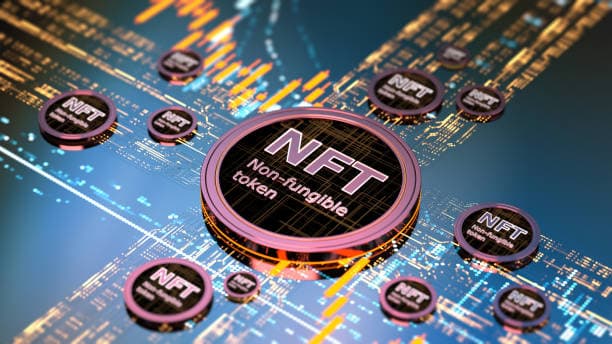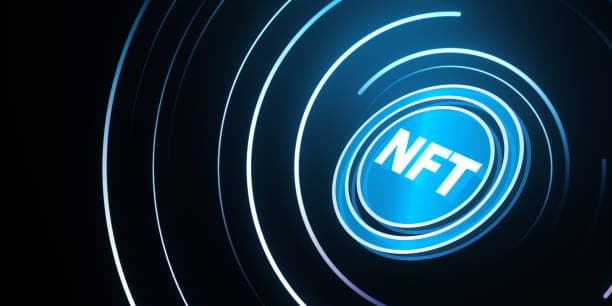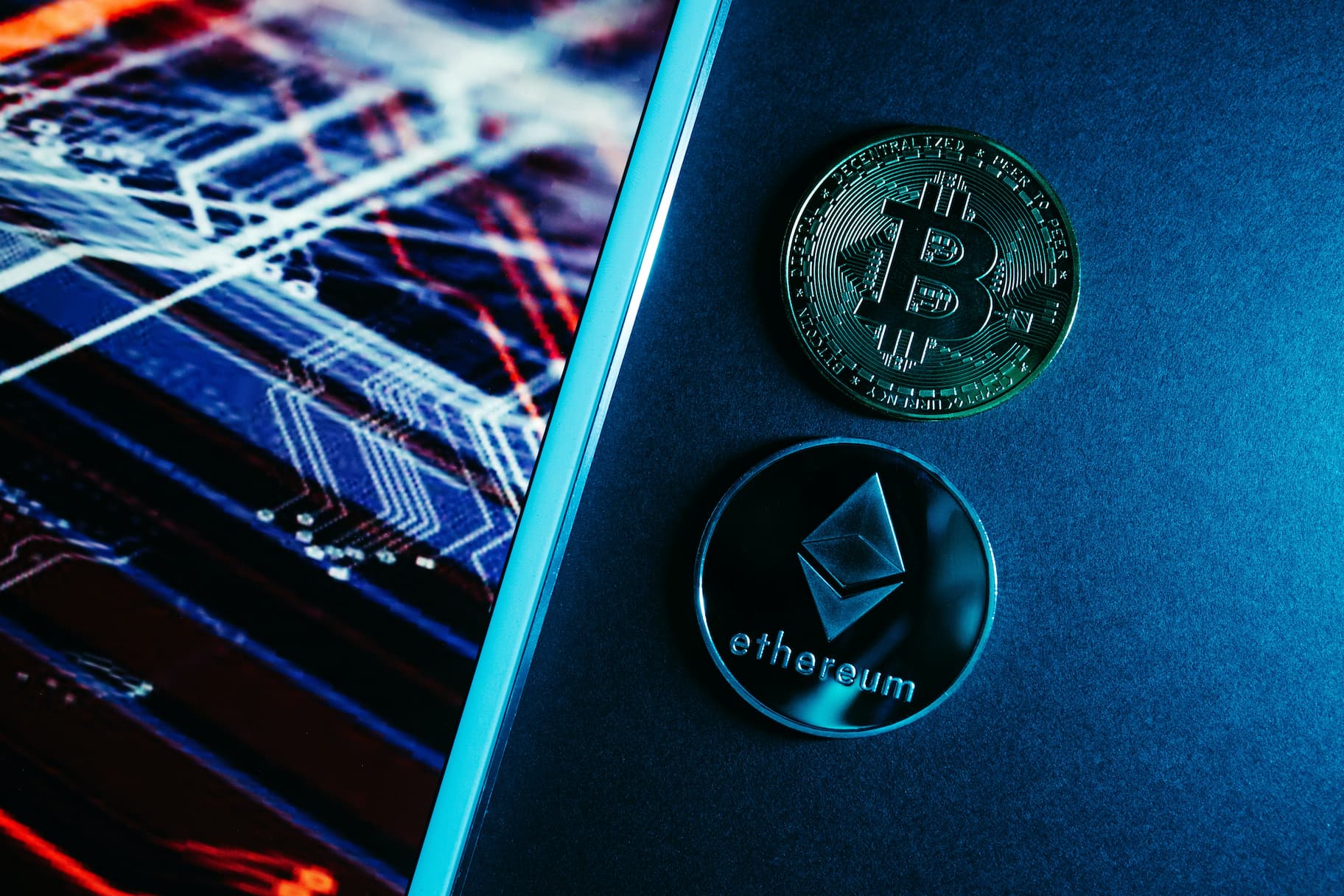Since the advent of the unique blockchain technology and non-functionalized tokens (NFTs), the gambling entertainment industry has experienced a technological explosion in recent times. Not only are these technologies altering how players engage with online casinos, but they are also radically altering how card games and slot machines operate. One of the most notable trends is the use of NFTs for deck shuffling, which promises to make the gaming process more transparent and fair.
Use of NFT in casinos
The use of non-fungible tokens (NFTs) in online casinos represents an innovative approach to gaming asset management, bringing elements of blockchain technology to gambling. It redefines traditional gambling practices by bringing uniqueness, security and trading opportunities. Let’s take a closer look at these aspects: www.gamezoom.net/artikel Poker_als_Kunst_des_Bluffens_Geheimnisse_des_erfolgreichen_Bluffs-54116.
What is NFT?
An NFT, or non-replaceable token, is a digital asset created on a blockchain that represents unique items or rights to them. Every NFT is distinct and cannot be substituted by another NFT, in contrast to conventional cryptocurrencies like Bitcoin or Ethereum, which are fungible (i.e., one bitcoin is equal to another bitcoin). Because of their distinctiveness, they are perfect for displaying personalized goods with limited distribution, ownership history, and proof of authenticity.
Benefits of NFT for online casinos
- Uniqueness and transparency
Each NFT has a unique identity, which makes it unrepeatable. In the context of online casinos, this means that every game card, slot or any other game element represented as an NFT can be accurately identified and its history can be traced. This ensures a high level of transparency and fairness, as players can verify the authenticity and randomness of the game elements.
- Security
NFT is powered by blockchain technology, which offers a high level of security. Data stored on the blockchain is almost impossible to alter or tamper with due to its distributed and decentralized nature. Because of this decreased likelihood of fraud and manipulation, the gaming environment is safe and secure.
- Management and ownership
With NFTs, gamers have the exclusive chance to purchase, sell, or own their gaming assets on secondary marketplaces, like slots machines or specialty cards. This gives gaming a new strategic and financial component that increases user opportunities and generates revenue for casino operators. Players can view their NFTs as investments whose value can increase due to their uniqueness, rarity or demand in the gaming community.
Shuffling the deck with the NFT
Deck shuffling using non-replaceable tokens (NFT) is revolutionizing the dynamics of online casino card games. This procedure not only introduces a fresh element to the gaming experience, but it also significantly enhances transparency and fairness. Let’s take a closer look at how it works and the benefits it offers.
How does it work?
- The process begins with deck tokenization, where each card is converted into a unique NFT. This means that each card is assigned a unique identifier, which not only confirms its authenticity, but also allows you to track its movement and use. This approach provides complete transparency in gameplay and eliminates the possibility of reusing or swapping cards.
- Next, the deck is shuffled using blockchain algorithms. These algorithms guarantee absolute randomness and uncertainty in the shuffling results, making the process fully transparent and verifiable. Unlike traditional methods, where the credibility of the shuffle depends on the honesty of the operator, blockchain allows each participant to independently verify the correctness of the shuffle.
- During the game, every action with the cards, whether they are dealt, selected or discarded, is recorded on the blockchain. In addition to guaranteeing transparency and fairness in every game, this also enables participants to check their past performance at any time—something that isn’t feasible at conventional online casinos.

Advantages for operators and gamers
- Trust
Players’ faith in casino operators is enhanced by transparency in every move made during gameplay and in the movement of cards. Gamers can relax knowing that there is no biased intervention and that the game is being played fairly.
- new opportunities for participants
Gamers can take advantage of new opportunities by using NFT. In addition to playing, they can gather rare NFT cards that have potential to increase in value. Trading such cards on secondary markets adds an additional strategic and economic aspect to the gameplay.
- Reduced fraud risks
Automated and fully verifiable deck shuffling thanks to blockchain eliminates human error and minimizes fraud risks. This creates the conditions for a completely fair game, where success is determined solely by players’ skill and the randomness of card distribution.
Effect on virtual gaming
The gambling business has new opportunities thanks to the introduction of NFT into online casinos, which have the potential to fundamentally alter not just the way games are played but also the entire gaming process. One key aspect is audience expansion: the transparency and security provided by blockchain technology and NFT can attract new participants who were previously skeptical of online casinos due to fears of unfair play. The trust created by the genuineness and verifiability of every transaction or action in a game contributes to a larger and more diverse gaming community where every participant can feel confident and secure.
NFT, on the other hand, encourages innovation and the development of original game mechanisms in games. Each game is made unique and different by the tremendous freedom creative teams and developers have to explore with characters, narratives, and gaming elements. This opens the door to creating entirely new types of games and game experiences that can surprise even the most sophisticated players. In addition, the ability for players to own, trade and sell their NFTs gives games an extra layer of strategy and depth, enriching the gameplay experience.
The economic aspect of NFT implementation in online casinos cannot be underestimated either. The collection and investment elements inherent in NFTs create new incentives for players and open up additional revenue streams for casino operators. The ability to trade and invest in unique game elements contributes to the growth of the in-game economy and increases overall economic activity in the industry. Additionally, by using NFTs, developers can earn money by selling exclusive gaming assets, which can encourage more innovation and growth in the online casino sector.
The future of NFT in gambling
The application of NFT in gambling opens a new page in the evolution of internet gaming, paving the way for radical changes in the relationship between participants and gaming networks. NFTs provide an answer that has the potential to significantly change the industry in a setting where openness and trust are important factors in attracting and retaining customers. Every player in a game may now independently confirm the integrity of the gaming experience thanks to blockchain technology, which makes records open and unchangeable. This was previously not possible to such a large extent. This can improve the bonds of trust between operators and the gaming community by considerably lowering players’ misgivings and anxieties about manipulation and rigging.
From a technological perspective, NFTs open new horizons for gambling developers to innovate. Introducing unique gaming elements such as card decks, chips, player avatars, and even the entire gaming world as NFTs will enable the creation of deeper and more interconnected gaming ecosystems. In addition to playing games, users will have the chance to own, trade, and invest in in-game assets, which will allow them to take part in the casino economy and add new layers of strategy and planning to their gameplay encounters. This approach could radically change the perception of gambling, transforming it from entertainment to a full-fledged hobby or even a source of income.
Long-term, the growth of NFT in gaming could result in the establishment of whole virtual gaming universes where all elements—from virtual casinos and gaming towns to gaming tables—will be represented by NFT. This will pave the way for the creation of large-scale multiplayer online games (MMOs) based on a real-world economic model, where each player will have the opportunity to influence and develop the world by making investments and participating in management. Such integration of gaming and economic aspects may not only attract new users, but also create a completely new environment for gambling, where the boundaries between game and reality will become increasingly blurred.
Conclusion
Deck shuffling with NFT represents a significant step forward in the evolution of online casinos, promising to radically change the interaction between participants and gaming systems. This creative method not only improves gaming’s transparency, security, and trustworthiness, but it also creates new avenues for gaming ecosystem development by giving gamers exclusive trade, ownership, and investment opportunities. Introducing NFT into the deck shuffling process can be a catalyst for creating deeper, more strategically rich and economically interconnected game worlds, making gambling not only fairer and more interesting, but also transforming it into a new form of interactive interaction and collaboration between users and developers.



